



Given the diversity of Indonesian society, the scientific paradigm in Indonesia must be looking to find its own path or character. Building a scientific tradition that is faithful to the reality of Indonesian people’s lives needs to be emphasised. Therefore, universities do not only provide an educational function for students but also help to solve people’s problems for their better civilisation. It can be said that science without practice is nothing; practice without knowledge is stunted.
The implementation of student community service (KKN) which was initiated in the academic year 1971/1972 in several universities has been implemented by almost all universities in Indonesia. First and foremost, KKN for students is not only about the programme being carried out, but also about forming students’ experiences and inner bonds in society. It’s very dangerous if students who are future leaders do not even know their people. The importance of a rural orientation is solely due to the fact that 80 percent of Indonesian territory is rural. KKN is implemented to increase relevance between higher education and the needs of the community, with the aim of providing complementary education for students as well as helping the community launch development at the KKN location held.
Three important elements are contained: education, research and community service. As an educational activity, KKN brings students to get acquainted directly with the community and their problems, and helps to find solutions with an interdisciplinary approach. As a research activity, students are invited to understand and analyse community potential (with the help of supervisor lecturers) so they can contribute critical thinking to the solution. As a community service activity, KKN can be a medium for applying knowledge and technology, as well as the art of solving societal problems and needs. Therefore, KKN can be interpreted as a form of integrating educational intracurricular activities, research and community service by students in an interdisciplinary manner.
The KKN programme planning is carried out together with interested parties for community development where KKN will be held (local government, private sector, community elements) as a joint plan, so the implementation is a shared responsibility of those involved in planning it. In order to be directed and bring maximum benefit to the community, it begins with the implementation of a needs assessment and preparation of data-based references which are reference sources for programme planning and evaluation of KKN. The DPL (Lecturer Field Supervisor) is expected to understand the location and condition of the community in the related area. By first understanding the field conditions and the community, the supervisor can lead student activities when they arrive at the KKN location. It also speaks to the purpose of the programme becoming more effective and efficient. The DPL should know the culture and social norms of the local community service community.
Purpose and Objectives of KKN:
- Realising one of the Tri Dharma of Higher Education, especially the public service field.
- Assist students in applying science, technology, and art directly related to theory so it will benefit people.
- Equipping students with the ability to approach the community and establish attitudes and behaviours always to become more sensitive to the problems faced by the community.
- Providing student learning experiences in community life, maturing personality, and broadening student horizons.
- Training students to learn together with the community to participate in and contribute to development.
- Helping community empowerment through the application of science, technology and art in an effort to achieve prosperity.


